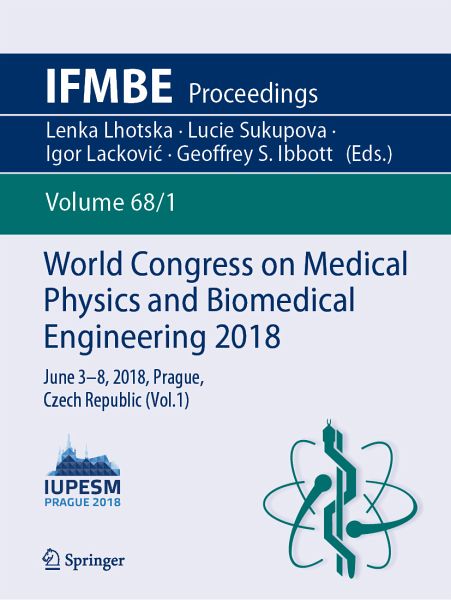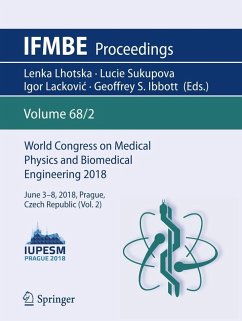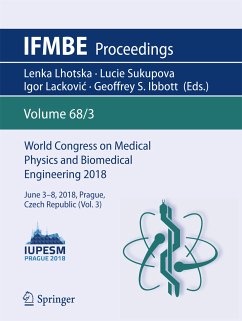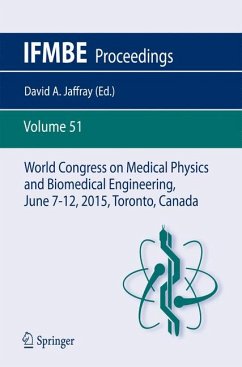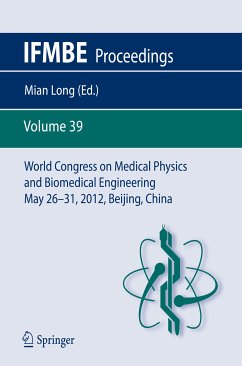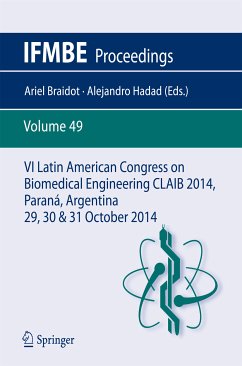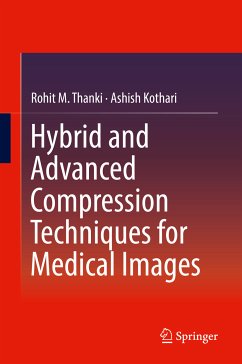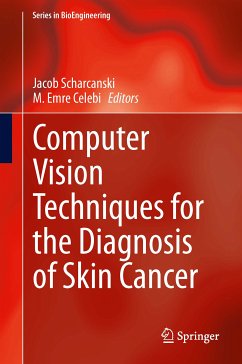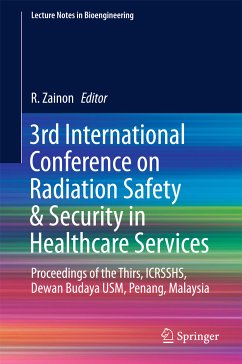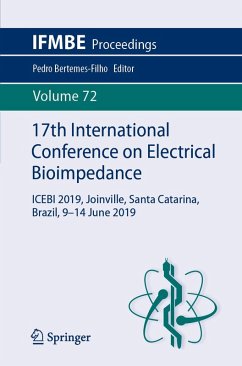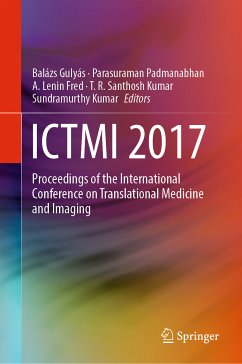Lenka Lhotská, PhD, CEng, MIET, MIEEE, graduated as Master of Science in Electrical Engineering at the Czech Technical University in Prague (CVUT), Czech Republic. In 1989 she got her PhD degree in Cybernetics from CVUT. Currently she is head of the COGSYS Department (Cognitive Systems and Neurosciences) at the Czech Institute of Informatics, Robotics and Cybernetics and head of Department of Natural Sciences of the Faculty of Biomedical Engineering, CVUT. Her research focuses on following areas: Knowledge-based systems, data and knowledge representation, application of artificial intelligence methods to medicine, digital signal processing, machine learning, feature extraction and feature selection, semantic interoperability, mobile technologies in healthcare, electronic health record. She is chair of the Working Group Personal Portable Devices of European Federation for Medical Informatics, Member of the Council of the Czech Society for Biomedical Engineering and Medical Informatics, National representative in International Society for Telemedicine and eHealth (IsfTeH), National representative in International Federation for Medical and Biological Engineering (IFMBE), and Member of the Engineering Academy of the Czech Republic. Lucie Sukupova has been working as a clinical medical physicist in radiodiagnostics &interventional radiology at the Institute for Clinical and Experimental Medicine. She received her M.Sc. and Ph.D. in Radiological Physics from the Czech Technical University in Prague and a certification of Medical Physics Expert from EFOMP. Her work and research is related to optimization of X-ray procedures, mainly interventional, and radiation protection of patients and staff. She cooperated on national radiology standards and has been devoted to education of students, physicians and other applicants. She is a member of AAPM and ESR, and also local societies. Igor Lackovi¿ is Full Professor at the University of Zagreb, Faculty of Electrical Engineering and Computing, Zagreb, Croatia. He received his Dipl.-Ing., M.Sc. and Ph.D. degrees from the University of Zagreb, all in Electrical Engineering. His main research interests lie in the field of biomedical signal processing and modeling with a special focus on electric field interaction with biological tissue, bioimpedance spectroscopy, dielectric properties of biological materials, and related instrumentation development. Dr Lackovi¿ is the president of Croatian Biomedical Engineering and Medical Physics Society. He is a member of the Administrative Council of the IFMBE, Senior member of the IEEE, member of the IEEE EMBS and member of the ISEBI. Currently, he serves as the editor of the IFMBE News. He has served as the Conference Chair of the 6th European Conference of the IFMBE, MBEC2014, Dubrovnik Croatia, 2014. Dr. Ibbott is a Professor in the Department of Radiation Physics at The University of Texas MD Anderson Cancer Center. His research interests include advanced image-guided radiation therapy, and three-dimensional dosimetry. These two interests coincide with the development and installation at MD Anderson of a magnetic resonance image-guided radiation therapy (MR-IGRT) capability. The introduction of MRI guidance into radiation therapy offers the ability to base treatment delivery on the exquisite soft-tissue visualization of MRI, which promises to improve the confidence of targeting of many tumors in the abdomen and head & neck. The highly-conformal treatment plans that can be delivered by modern techniques demand advanced dose measurement capabilities, and recent 3D dosimetry techniques show promise. Dr. Ibbott's laboratory has been investigating a variety of gel- and solid plastic-based 3D dosimetry systems for their use in routine clinical dosimetry, remote audits, and dosimetry under circumstances that are challenging for conventional dosimeters. The presence of magnetic fields in MR-IGRT can affect the response of standard dosimeters in ways his lab is presently investigating. Dr. Ibbott's lab is also evaluating the use of 3D dosimeters for use with MR-IGRT, where their response is less likely to be influenced by the magnetic fields.
